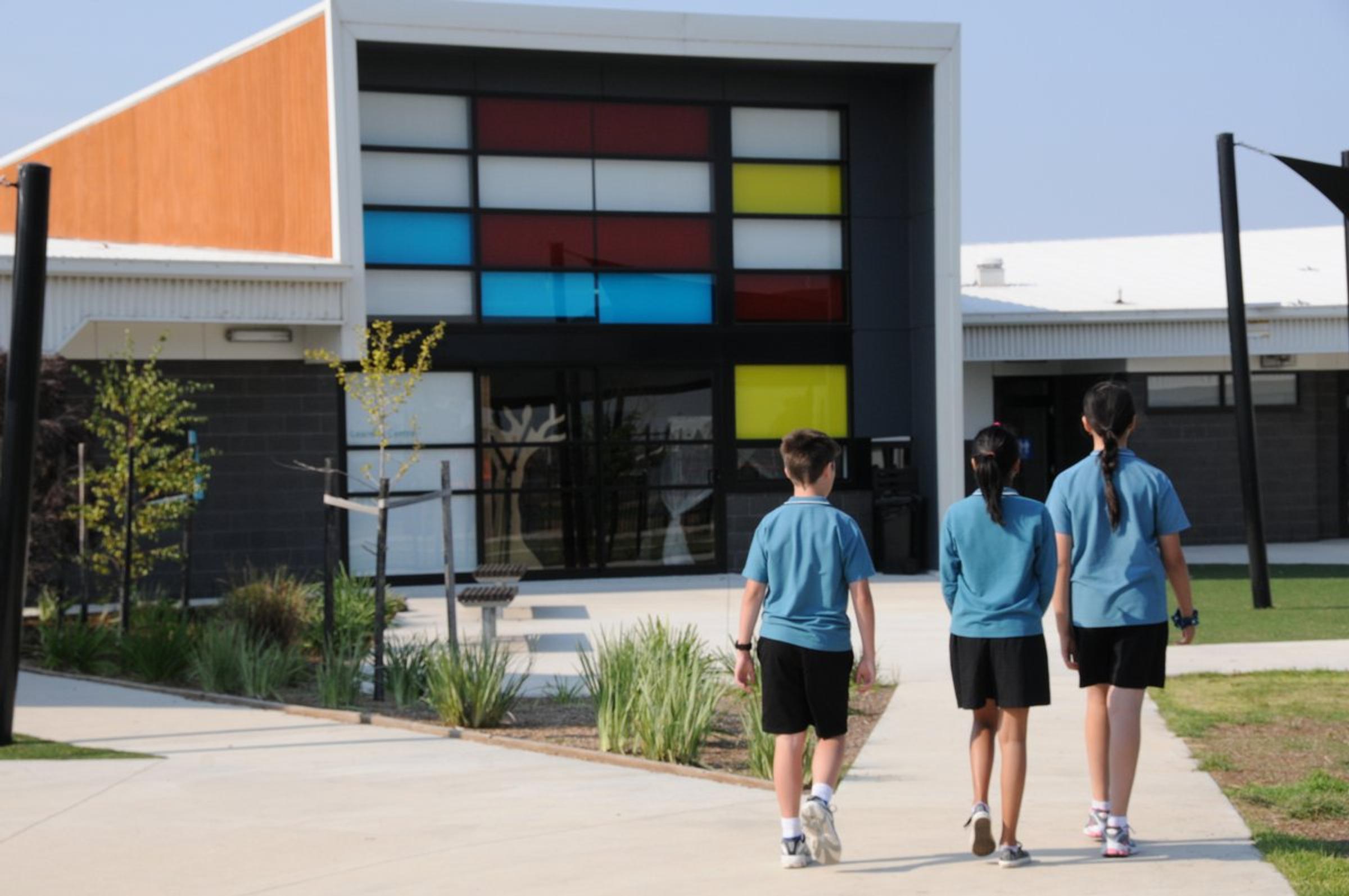General News

Is your child in prep this year?
This year you would have received the A Healthy Start to School brochure as part of your Prep library bag. An information booklet designed to help you and your child transition into school.
This was the first year the booklet was produced and the Victorian Government is seeking feedback from parents on its usefulness via an online survey.
By completing the online Healthy start to school survey you can contribute to the future content of the booklet and share experiences that may be useful to future Prep parents.
The survey takes about ten minutes. To access the survey, visit: A Healthy Start to School - A guide for parents of prep children in 2015.
Art Report
WANTED: newspapers, small boxes (no bigger than tissue boxes please), and egg cartons.
Host Families Needed For New Exchange Students in 2015
Many girls and boys aged between 15 and 18 from exciting countries like Italy, France, Belgium, Germany, Holland, Canada, Japan, Switzerland, Brazil, Norway, Sweden, Argentina, Finland and Austria are hoping to come here to study for 3, 5 or 10 months from July this year and stay with a volunteer family that is willing to host and welcome them and can afford an extra member at the family table.
If you feel you could do this for them for the length of their stay or even some of it, please contact Klaus Schumann on (03) 97584279 and let me know of your interest.
Yours sincerely,
Klaus Schumann, WEP Community Coordinator
Australian Early Development Census
Playing our part to build a national picture of child health What is the AEDC?
In early 2015, our school, along with thousands of others across the country will begin preparations for the third Australian Early Development Census (AEDC).
The AEDC measures five key areas of development in children during their first year of full-time school to build a national picture of health and wellbeing. Since 2009, the census results have helped communities, schools and governments plan services and target support for children and families.
Teachers are trained to assess each child and answer questions. Children don’t need to be present so no class time is missed, and parents/carers don’t need to supply schools with any new information for the census. Teachers’ individual assessments are then analysed by the AEDC and reported as anonymous groups of children in the final report.
In communities across the country, census results have helped communities to plan new playgrounds and parental services; schools are seeing improved student performance through new literacy programmes; and governments are using the results as evidence to develop better policies for children.
Teachers have also noticed practical benefits in the classroom. Some said in previous years that completing the assessments made them more aware of the needs of individual children and the class as a whole. Others reported that the census results are useful in planning for transitions to school and for developing class programmes.
Participation in the AEDC is voluntary. Parents/carers don’t need to take any action unless they choose not to include their children in the census.
To find out more about the census and how communities are using the data to help children and families visit the AEDC website.
